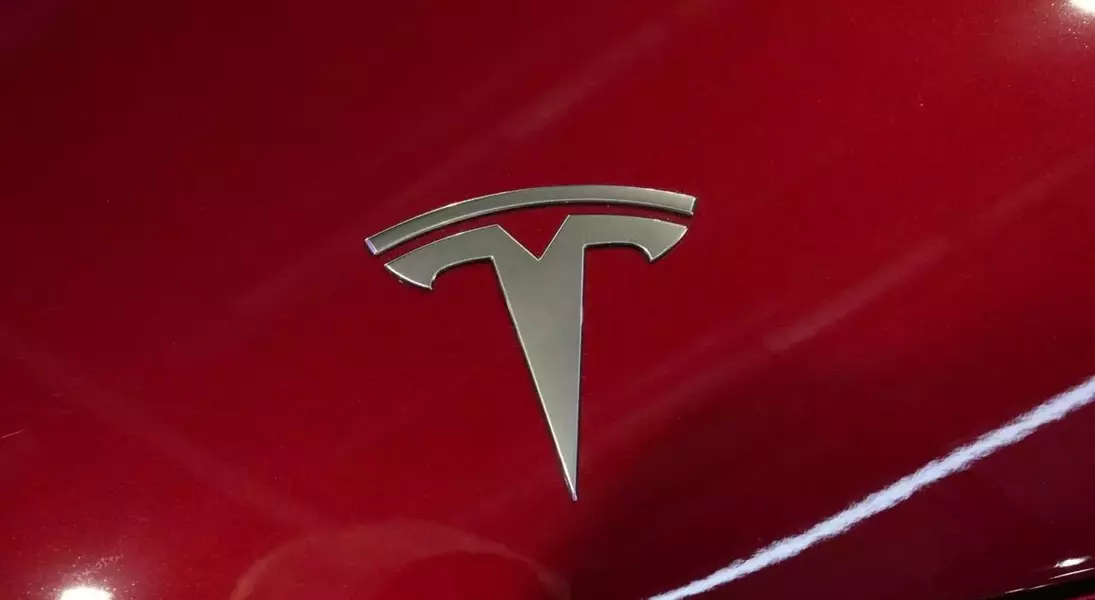
In a surprising turn of events, the renowned electric vehicle manufacturer Tesla experienced its first year-over-year sales decline since 2015. Despite delivering 495,570 vehicles in the final quarter, the company's annual deliveries fell slightly below the previous year's total. This downturn was influenced by slowing demand for electric vehicles globally. However, Tesla's stock performance remained resilient, rising over 50% in the past year. The company employed various promotional strategies to stimulate sales, including zero-interest financing and discounted leasing options, but these efforts came at a cost, impacting profit margins.
Details of Tesla's Sales Performance and Market Response
In the golden autumn of 2023, Tesla faced an unprecedented challenge as it reported a slight dip in annual vehicle deliveries compared to the previous year. The fourth quarter saw a modest increase in deliveries, totaling 495,570 vehicles, which brought the yearly figure to 1.79 million. This number, however, was 1.1% lower than the 1.81 million vehicles delivered in 2022. The slowdown in sales can be attributed to reduced consumer enthusiasm for electric vehicles across major markets like the U.S., China, and Europe.
To counteract this trend, Tesla introduced aggressive marketing tactics such as free charging credits, attractive financing offers, and competitive lease rates. These measures were designed to attract price-sensitive buyers and maintain market leadership. Nevertheless, analysts predict that these discounts may have driven down the average selling price of Tesla vehicles to around $41,000 in the fourth quarter, the lowest in four years. This pricing pressure could adversely affect Tesla's upcoming earnings report, scheduled for January 29th.
The company's long-term growth forecast also faces scrutiny. In 2022, Tesla had ambitiously projected a 50% annual sales increase, but this goal has become increasingly difficult to achieve due to an aging product lineup and intensifying competition from both established automakers and new entrants. Analysts note that early adopters of electric vehicles have already made their purchases, leaving Tesla to compete for mainstream consumers who remain hesitant about factors like vehicle range, affordability, and the availability of charging infrastructure.
Despite these challenges, Tesla's stock market performance has been robust, with shares climbing more than 50% over the past year. This surge coincides with broader market trends and specific events, though attributing it solely to external factors would be an oversimplification.
From a journalistic perspective, Tesla's recent sales figures highlight the evolving dynamics of the electric vehicle market. The company's innovative strategies and resilience in the face of adversity underscore its commitment to maintaining its position as a leader in sustainable transportation. However, the industry-wide shift towards electrification means that Tesla must continually adapt to changing consumer preferences and competitive pressures. This situation serves as a reminder that even market leaders are not immune to the forces shaping the automotive sector.
